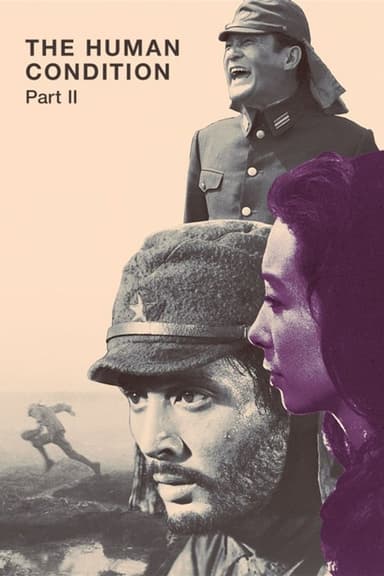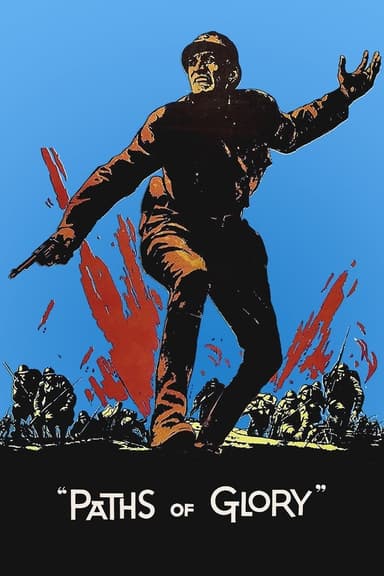
The Ascent
1977 • Drama, War
Two Soviet partisans leave their starving band to get supplies from a nearby farm. The Germans have reached the farm first, so the pair must go on a journey deep into occupied territory, a voyage that will also take them deep into their souls.
Runtime: 1h 51m
Why you should read the novel
Vasil Bykov’s novella Sotnikov offers a powerful, intricate look into the moral quandaries and human spirit during the horrors of World War II. Through detailed internal monologues and subtle character development, the novel provides a raw and immersive perspective not always achievable in film adaptations. Bykov’s writing delves deeply into the psychological landscape of his characters, painting a vivid portrait of courage, betrayal, and faith.
Reading Sotnikov allows you to explore the nuanced philosophical questions underlining the narrative, as Bykov’s prose carefully constructs the war-torn Belarusian setting and the complex motivations of his protagonists. The book’s meditative pacing gives space to reflect on the conscience and the cost of human choices in the face of overwhelming adversity. It's a reading experience that stays with you long after the final page.
For those interested in profound ethical dilemmas and existential struggles, the novella offers a richer, more layered engagement than the cinematic version. Bykov’s storytelling invites readers to feel the oppressive atmosphere, share in characters’ fleeting hopes, and deeply empathize with their agonizing decisions.
Adaptation differences
Larisa Shepitko’s film transposes Bykov’s novella to the screen with striking visual power, yet inevitably alters several aspects for cinematic effect. The inner monologues and psychological intricacy of Bykov’s prose are largely rendered through visual symbolism and the actors’ expressions, creating a more externalized, interpretive experience.
The film places heavier emphasis on spiritual and Christian allegories, most notably transforming Sotnikov’s fate into an overt Christ-like martyrdom. While the book presents these themes more subtly, the movie’s imagery—particularly in the final sequences—elevates Sotnikov’s suffering to a near-mythical level, intensifying the spiritual resonance.
Characterization also shifts in adaptation. The novella’s detailed backstories and motivations, especially for Rybak, are abbreviated in the film, focusing instead on immediate dramatic tension. This streamlining changes the balance of empathy between the characters and may lead audiences to view their actions through a different moral lens.
Additionally, the novella spends more time on the surrounding partisans and the occupied village, providing broader context to the characters’ plight. The film, by contrast, narrows its focus, heightening the claustrophobia and sense of isolation, but sacrificing some of the socio-historical depth found in Bykov’s original narrative.
The Ascent inspired from
Sotnikov
by Vasil Bykov







